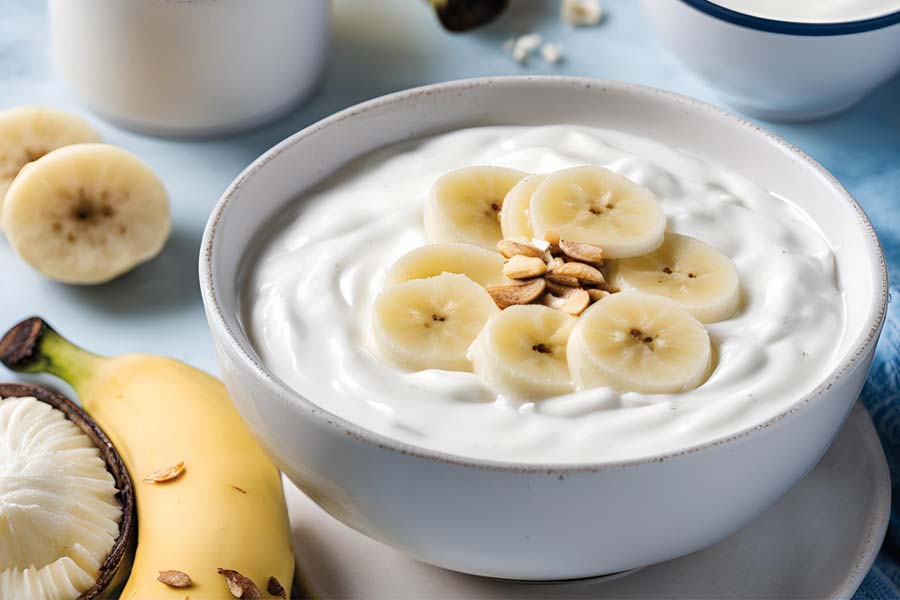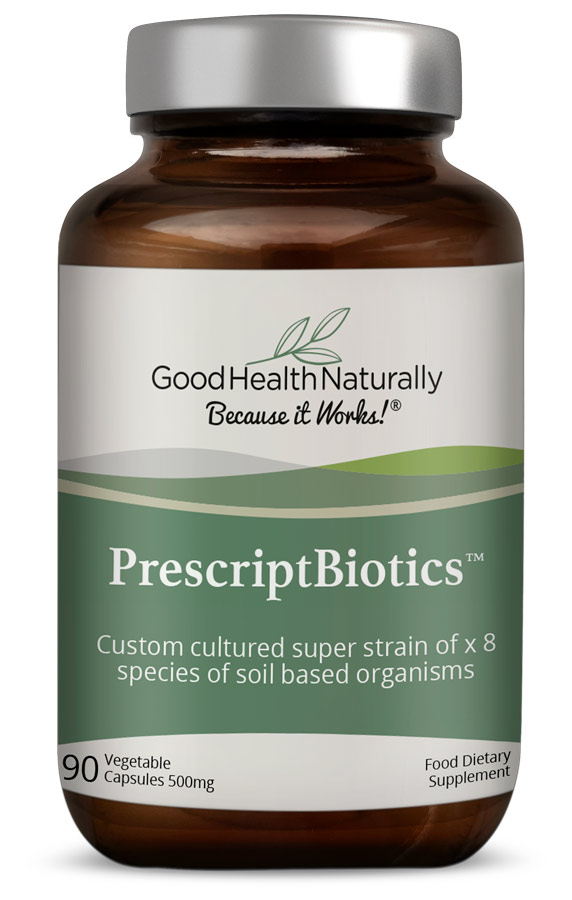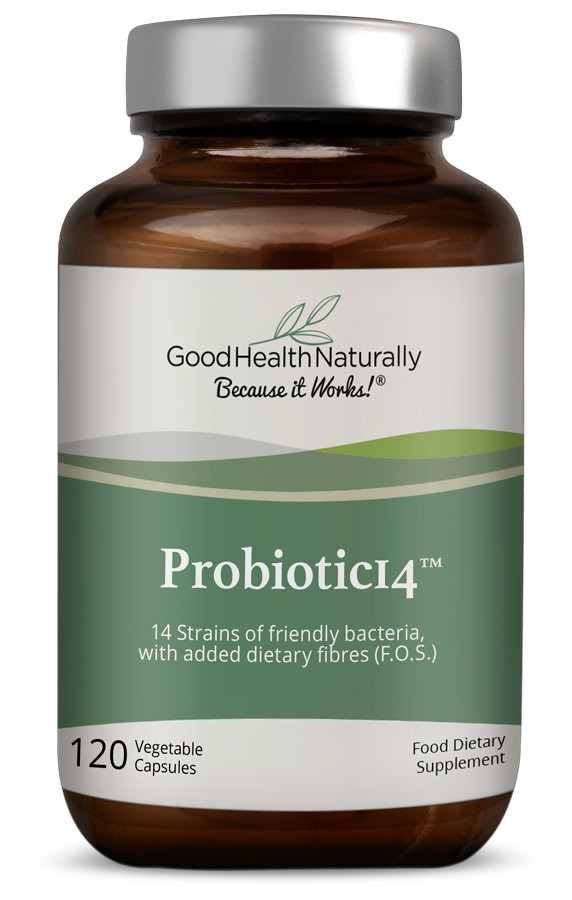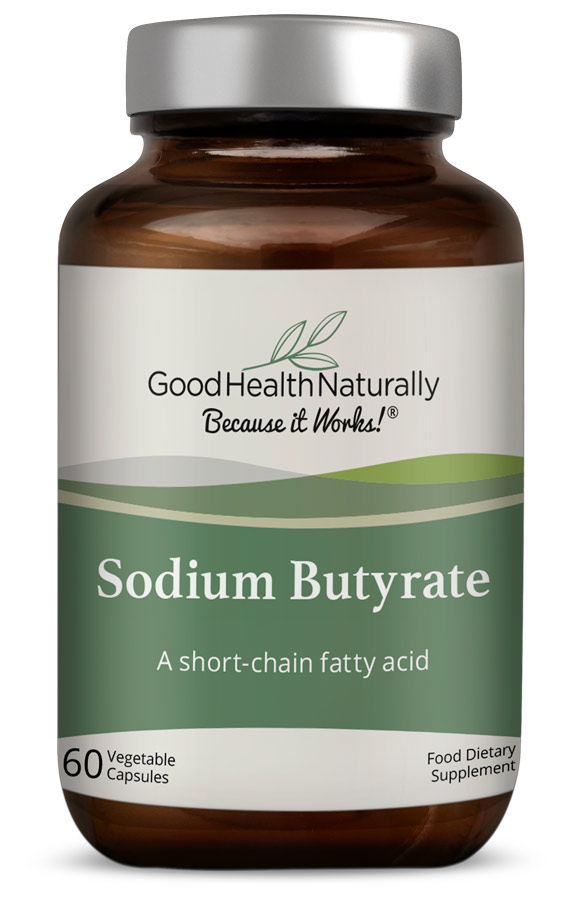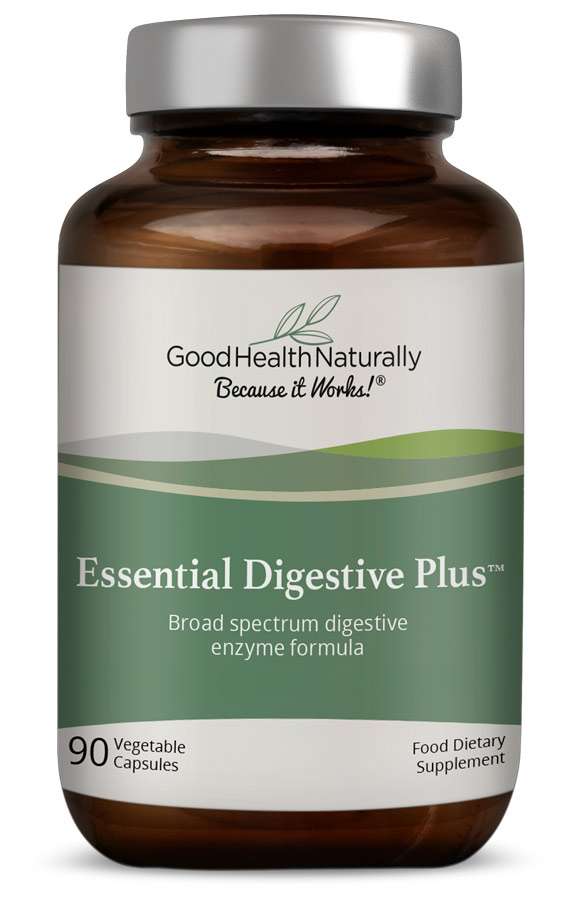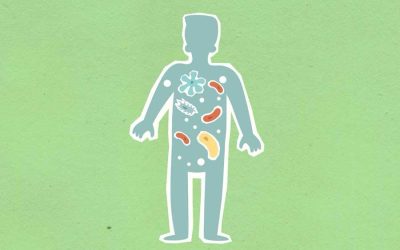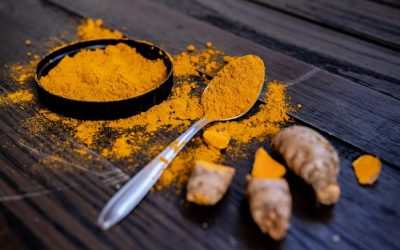Supporting The Gut: 6 Easy Ways to Optimise Your Gut Microbiome
Supporting the gut has more recently come to the forefront of discussions about overall well-being. The gut microbiome—a complex community of microorganisms living in your digestive tract—plays a crucial role in digestion, immunity, and mental health. Ensuring your gut is healthy can lead to many benefits, including reducing the risk of obesity, heart disease, diabetes and cancer. Here are six easy yet effective ways of supporting the gut and optimising your gut microbiome.
1. Incorporate Probiotic-Rich Foods
One of the most straightforward methods of supporting the gut is by incorporating probiotic-rich foods into your diet. Probiotics are live bacteria and yeasts that are beneficial for your digestive system. They help maintain a healthy balance of gut flora, which is essential for optimal gut function. Some excellent probiotic-rich foods to include in your diet are:
- Yoghurt: Choose natural, unsweetened yoghurt with live cultures. Greek yoghurt, traditionally made using live bacterial cultures, is a good choice as it is high in protein and contains multiple strains of beneficial bacteria.
- Kefir: This fermented milk drink is packed with diverse probiotic strains, offering more variety than yoghurt. You can have it on its own or add it to smoothies.
- Sauerkraut: Fermented cabbage is not only a tasty addition to meals but also a potent source of probiotics. Ensure you choose unpasteurised sauerkraut, as pasteurisation kills the beneficial bacteria. Some products include flavourings such as juniper berries, garlic, dill or caraway seeds, which can add delicious variety.
- Kimchi: Kimchi is a spicy side dish made from fermented vegetables originating from Korea. Rich in probiotics, it can add a flavourful punch to your meals.
Regularly incorporating these foods into your diet can significantly enhance your gut health and support your microbiome.
2. Add Prebiotic Foods to Your Diet
While healthy microbes are essential, they need food to thrive and grow in your gut, and that’s where prebiotics come in. Prebiotics are non-digestible fibres that serve as food for probiotic microbes, helping them grow and maintain a healthy gut environment. Some top prebiotic foods to include in your diet are:
- Garlic: Raw garlic is an especially potent prebiotic. It can be added to various dishes, simultaneously enhancing flavour and gut health.
- Onions: Onions, whether raw or cooked, are an excellent source of prebiotics. They can be used in salads, soups, and various other dishes.
- Bananas: Particularly when they are slightly underripe, bananas are rich in prebiotics. They make for a convenient and nutritious snack.
- Asparagus: This versatile vegetable is easy to incorporate into meals and is an excellent prebiotic source. Try it steamed, roasted, or added to stir-fries.
By ensuring that your diet includes a variety of prebiotic foods, you can effectively support your gut’s healthy bacteria and promote a healthy microbiome.
3. Stay Hydrated
Staying well-hydrated is fundamental to supporting your gut health. Water is essential for maintaining the mucosal lining of the intestines and promoting the balance of good bacteria. Dehydration can lead to digestive problems and an imbalance in your gut microbiome. Aim to drink at least eight glasses of water daily, and more if you’re active or live in a hot climate. Herbal teas and water-rich fruits and vegetables can also contribute to your hydration needs.
To effectively support your gut, consider starting your day with a glass of water and maintaining steady hydration throughout the day. Avoid sugary drinks and excessive caffeine, as these can negatively impact your gut health.
4. Reduce Stress
Chronic stress can wreak havoc on your gut microbiome. The gut and the brain are closely connected, and high stress levels and a busy mind can disrupt the balance of bacteria in your gut. Therefore, practices that reduce stress can lead to a healthier gut. Some effective stress-reduction techniques include:
- Meditation: Regular practice of meditation can significantly lower stress levels. Even a few minutes a day can make a difference.
- Yoga and Tai Chi: Combining physical movement with mindfulness, yoga and tai chi are powerful ways to help reduce stress and support your gut.
- Deep Breathing Exercises: Simple techniques, such as slow, deep breathing, can be done anywhere and are highly effective in reducing stress.
- Adequate Sleep: Aim for 7-9 hours of quality sleep per night. Good sleep hygiene is crucial for reducing stress and maintaining a healthy gut.
Incorporating these stress-reduction practices into your daily routine can significantly benefit your gut health and overall well-being.
5. Limit Antibiotic Use
While antibiotics are sometimes necessary for treating bacterial infections, they are not discerning and kill both beneficial and harmful gut bacteria. This disruption can lead to a less diverse and less healthy gut microbiome. Use antibiotics only when prescribed by a healthcare professional as necessary, and discuss probiotic supplements that are suitable to be taken alongside the antibiotics and after them to help maintain your gut health. Eating a diet rich in probiotics and prebiotics will also help restore your gut flora after a course of antibiotics.
6. Take Gut Health Supplements
In addition to dietary changes, taking supplements can be a highly effective way to support your gut health. Supplements can provide concentrated probiotics, prebiotics, and other beneficial compounds. Here are a few types of supplements that can help optimise your gut microbiome:
- Probiotic Supplements: These contain specific strains of beneficial bacteria. Look for supplements with multiple strains for maximum effectiveness.
- Prebiotic Supplements: These compounds foster beneficial microorganisms’ growth or activity. Supplements often use fructooligosaccharides (FOS) and inulin for this purpose.
- Digestive Enzymes: These can help break down food more efficiently, reducing bloating and improving nutrient absorption.
- Butyric Acid: Butyric acid, a short-chain fatty acid, is a crucial energy source for colon cells. Its stabilised form, sodium butyrate, has been studied in more detail in relation to gut health and wider physiological processes. It promotes the colonisation of beneficial bacteria and elevates glutathione levels, which neutralise free radicals in the gut. Additionally, it enhances intestinal barrier function and plays a vital role in repairing the gut lining, supporting intestinal cells, and improving immune function.
Final Thoughts
Optimising your gut microbiome doesn’t have to be complicated. By incorporating probiotic and prebiotic foods and supplements, staying hydrated, improving mindfulness and reducing stress, as well as being mindful of antibiotic use, you can proactively support your gut and enhance your overall well-being.
Remember, a healthy gut is a cornerstone of a healthy life.

